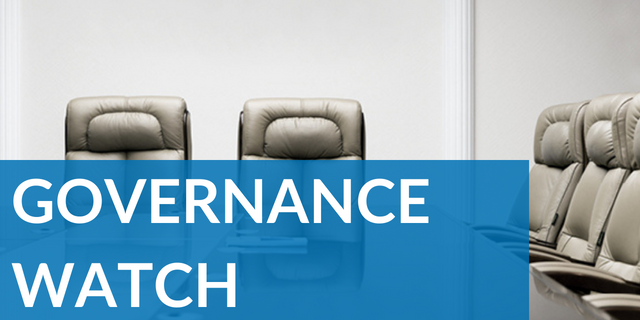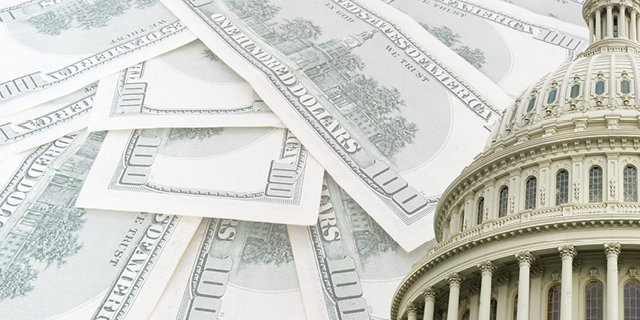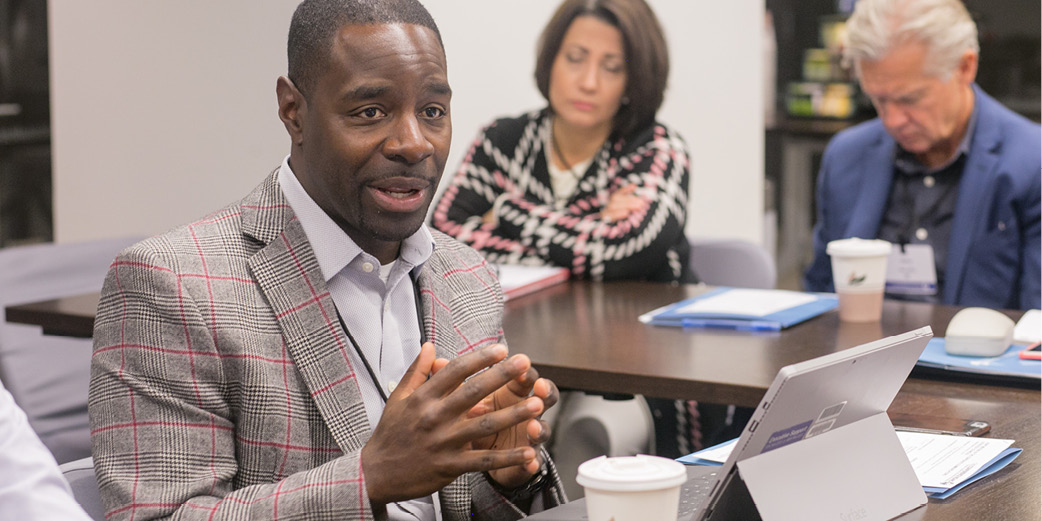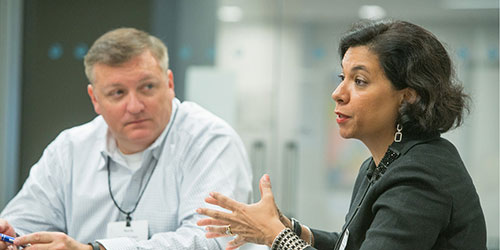Press Release
As Cost of Natural Disasters Increase, New Report Maps Central Role for Corporate Philanthropy
2019-07-18
Catastrophic flooding in the Midwest. Millions of acres consumed by wildfires in California. Hurricanes Harvey, Irma, and Maria striking in succession along the Atlantic and Gulf Coasts. Recent years have seen multibillion-dollar natural disasters become the new normal, in the U.S. and around the globe.
In the face of these disasters, corporations are putting their financial, logistical, and human resources to bear when crises strike. Disaster Philanthropy Practices, a new report from The Conference Board, reveals how some companies are conceiving and implementing their major role in disaster relief, recovery, and preparedness. The report’s insights draw on a survey of The Conference Board Corporate Citizenship and Philanthropy Institute Councils, as well as conversations with individual Council members. Among the key trends noted in the report:
- Most survey participants believe their companies are responding well to disasters. However, many are nevertheless changing their practices to deal more effectively with multiple crises in a short period, such as investing in climate-change preparedness.
- Immediate disaster relief continues to receive the bulk of attention and resources from companies. Many, though, are working on more strategic approaches that address all stages of a disaster, from preparedness, resilience, and readiness before the event to long-term rebuilding in the years to come.
- Companies remain far more reticent to respond to man-made—and sometimes politically sensitive—disasters. At the same time, pressure is growing to take political stands and express support for victims in the wake of such events.
- Companies are one part of an ecosystem of organizations and actors—including governments, NGOs, faith groups, the press, and social media—that must collaborate in order to deliver effective disaster philanthropy.
- Employees are both the primary concern and the primary resource for corporate disaster philanthropy. After ensuring the safety of affected staff in the aftermath of a disaster, companies turn to their workforce to fuel volunteering and peer-to-peer fundraising.
“One thing is clear from surveying and speaking with members of our Corporate Citizenship and Philanthropy Institute Councils,” said Alex Parkinson, author of the report. “Business leaders on the frontlines of disaster response are awakening to the need for a more holistic approach. The conversation is evolving beyond delivering immediate relief toward less reactive, more strategic programs that emphasize prevention, planning, and mitigation.”
“In 2017, total annual damage from U.S. natural disasters exceeded $300 billion for the first time ever,” said Paul Washington, Executive Director of The Conference Board ESG Center. “The corporate sector can play an important role not only in responding to disasters, but also in reducing their likelihood and mitigating their impact by coordinating their philanthropic and sustainability efforts. Disaster Philanthropy Practices joins a growing library of benchmarking resources from the ESG Center that is advancing the conversation across governance, sustainability, and corporate citizenship.”
Media can receive a copy of the report by contacting The Conference Board.
About The Conference Board Environmental, Social & Governance (ESG) Center
The Environmental, Social & Governance (ESG) Center draws upon authoritative research from The Conference Board. Our mission is to work in the public interest to provide knowledge and thought leadership on global corporate governance issues for boards and c-suite leaders, investors, and other leading organizations.
About The Conference Board
The Conference Board is the member-driven think tank that delivers trusted insights for what’s ahead. Founded in 1916, we are a non-partisan, not-for-profit entity holding 501 (c) (3) tax-exempt status in the United States. www.conference-board.org.
For further information contact:
Joseph DiBlasi
781.308.7935
JDiBlasi@tcb.org


.jpg)

.png)





